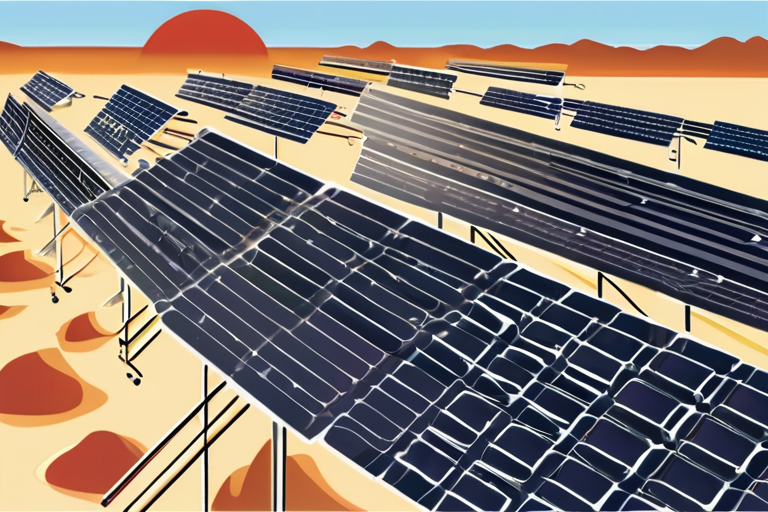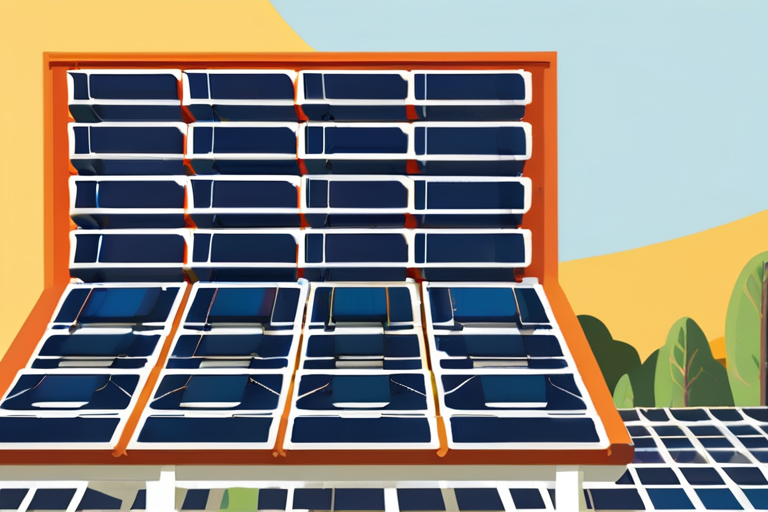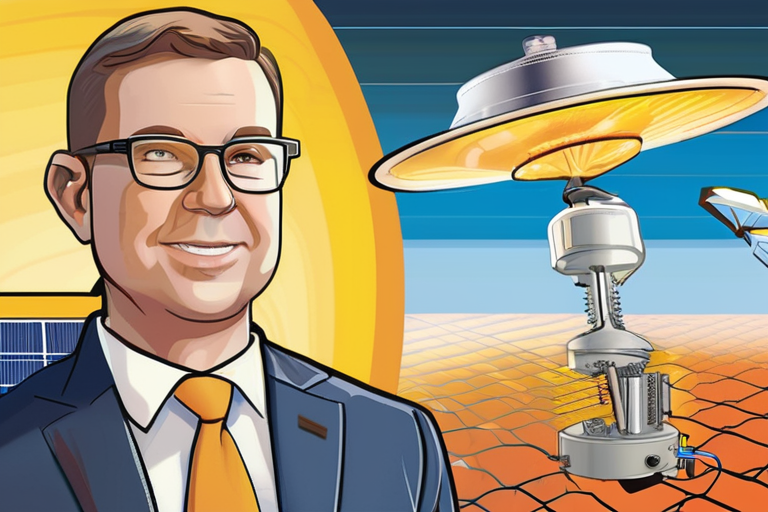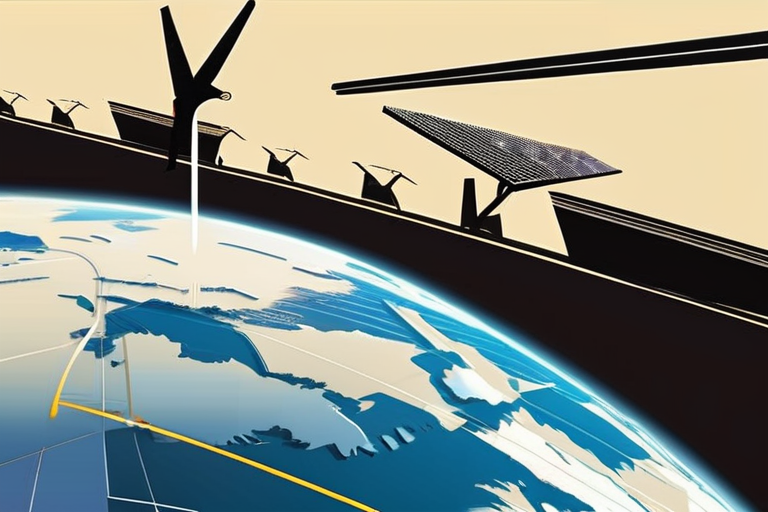American-Israeli Company Raises $60 Million for Solar Geoengineering Technology, Raising Concerns Among Scientists
Last week, Stardust, an American-Israeli company, announced that it had secured a massive $60 million venture capital round, the largest known investment to date for a solar geoengineering startup. The funding, which was revealed by Heatmap, a news outlet that tracks climate and energy technology, is set to propel the development of a system capable of cooling the planet by the start of the next decade.
The $60 million investment is a significant milestone for Stardust, which has been working on proprietary technology to manipulate the Earth's climate. The funding round is a testament to the growing interest in solar geoengineering, a field that has been gaining traction in recent years. According to a report by the National Oceanic and Atmospheric Administration (NOAA), the global solar geoengineering market is expected to reach $1.3 billion by 2027, growing at a compound annual growth rate (CAGR) of 25.6%.
The investment in Stardust is also a reflection of the increasing willingness of investors to back companies working on climate solutions. In 2020, climate-related investments reached a record high of $1.1 trillion, with solar geoengineering startups being a key beneficiary of this trend. However, the rapid growth of the industry has raised concerns among scientists, who argue that the development and deployment of such technologies should be subject to rigorous scientific evaluation and public oversight.
Stardust is not the only company working on solar geoengineering technology. Other notable players in the space include Make Sunsets, a US-based startup that has developed a system for injecting aerosols into the stratosphere to reflect sunlight, and Locus Bio-Energy Solutions, a company that is working on a similar technology. However, Stardust's $60 million funding round is the largest to date, and it has sparked concerns among scientists about the potential risks and unintended consequences of deploying such technologies.
The development of solar geoengineering technologies has significant implications for the energy and climate sectors. If successful, these technologies could potentially mitigate the effects of climate change by reducing global temperatures. However, they also raise complex questions about governance, regulation, and public trust. As scientists and policymakers grapple with these issues, the rapid growth of the industry is likely to continue, with more companies emerging to develop and deploy these technologies.
In the coming years, the solar geoengineering industry is expected to continue to grow, driven by increasing investor interest and government support. However, the development of these technologies will require careful consideration of the scientific, regulatory, and public implications. As the industry continues to evolve, it is likely that we will see more companies like Stardust emerge, with significant funding and resources at their disposal. The question is whether these companies will be able to navigate the complex regulatory landscape and ensure that their technologies are developed and deployed responsibly.



























Share & Engage Share
Share this article